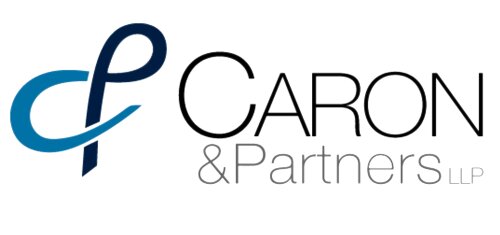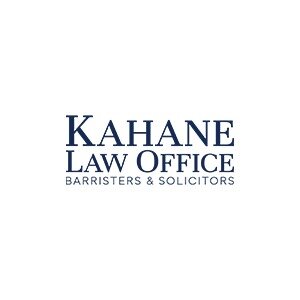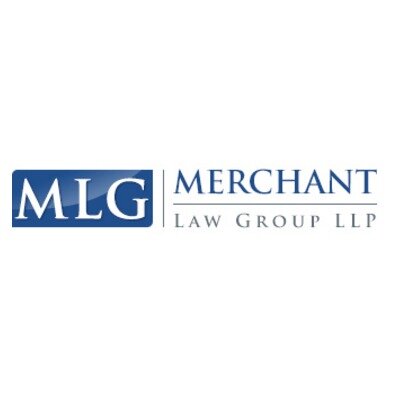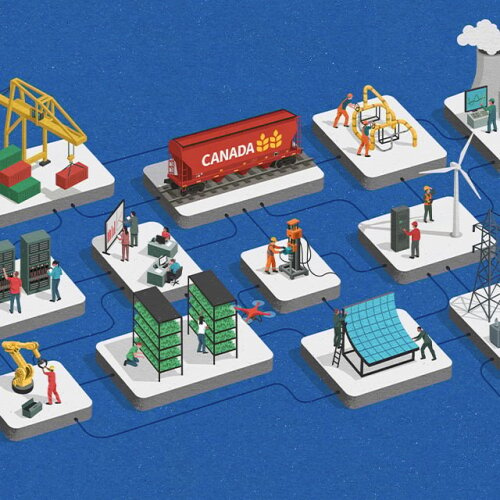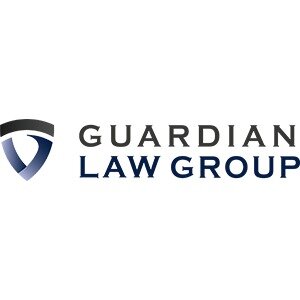Best Due Diligence Lawyers in Calgary
Share your needs with us, get contacted by law firms.
Free. Takes 2 min.
List of the best lawyers in Calgary, Canada
About Due Diligence Law in Calgary, Canada
Due diligence in Calgary, Canada, plays a crucial role in various business transactions, including mergers, acquisitions, and real estate dealings. This process involves comprehensive assessments to ensure that financial obligations, legal requirements, and business risks are thoroughly analyzed before any commitment is made. Due diligence aims to provide the parties involved with sufficient information to make informed decisions, minimize risks, and ensure compliance with applicable laws and regulations. In Calgary, as part of Alberta, certain specific regional laws and industry practices guide due diligence processes, making local legal expertise beneficial for thorough completion.
Why You May Need a Lawyer
Legal assistance in due diligence is often sought in various scenarios. Entrepreneurs looking to acquire a new business may require legal help to ensure all contracts, financial statements, and liabilities are accurately assessed. Real estate investors might need a lawyer to review property titles, environmental assessments, and zoning compliance. Companies undergoing mergers and acquisitions typically consult lawyers to evaluate risks, review regulatory compliances, and draft essential transaction documents. Legal advisors offer vital insights and protect against potential legal issues or financial pitfalls.
Local Laws Overview
Due diligence in Calgary is influenced by several local laws and standards. The Business Corporations Act (Alberta) offers a framework for corporate transactions and governance, including the duties and responsibilities during due diligence. Environmental due diligence is governed by the Environmental Protection and Enhancement Act, emphasizing assessments and compliance with ecological regulations. Real estate due diligence often involves the Land Titles Act to ensure accurate title searches and transfer of property rights. Additionally, Calgary’s municipal bylaws may affect zoning and land use compliance during the due diligence process, highlighting the importance of localized legal understanding.
Frequently Asked Questions
What is due diligence, and why is it important?
Due diligence is the investigation or audit of a potential investment or product to confirm facts, assess risks, and evaluate compliance with laws. It's crucial to making informed investment decisions and avoiding potential legal liabilities.
How long does the due diligence process typically take in Calgary?
The duration can vary significantly depending on the complexity of the transaction, ranging from a few weeks for straightforward cases to several months for more complex ones, such as large mergers or acquisitions.
What are the key components of due diligence in Calgary?
Key components include financial auditing, legal compliance, investigation of liabilities, contract reviews, and ensuring adherence to local regulatory requirements, among other industry-specific considerations.
Can I perform due diligence on my own?
While possible, due diligence is complex and typically requires professional expertise to ensure thoroughness and accuracy, especially for high-stakes acquisitions or specialties like real estate and environmental compliance.
Does due diligence affect the valuation of a business?
Yes, due diligence affects valuation by identifying potential risks and liabilities that may impact the final purchase price and revealing opportunities for negotiation.
What role does due diligence play in real estate transactions?
In real estate, due diligence ensures property authenticity, checks for existing liabilities, assesses market value, ensures zoning compliance, and investigates environmental concerns, thus safeguarding investment interests.
Are there legal requirements for conducting due diligence in Calgary?
Though not legally mandated, conducting due diligence is a prudent business practice to avoid potential pitfalls and ensure compliance with applicable laws such as corporate and environmental regulations.
What happens if due diligence uncovers significant issues?
If significant issues are uncovered, parties may renegotiate terms, adjust valuation, require remediation agreements, or, in some cases, decide to withdraw from the transaction altogether.
Can due diligence be waived in any situation?
While parties can agree to waive due diligence, it's generally advised against due to the increased risks of unforeseen liabilities or legal non-compliance affecting the transaction's success.
How do I start the due diligence process?
Begin by defining the scope of your due diligence based on the transaction type, assemble a team of experts (legal, financial, environmental), and develop a checklist to guide the process tactically.
Additional Resources
For those seeking further understanding of due diligence processes and requirements in Calgary, resources such as the Calgary Chamber of Commerce, Alberta Securities Commission, and local law firms specializing in corporate and real estate transactions can be valuable. Additionally, governmental bodies like Service Alberta and Alberta Environment and Parks provide guidance and regulatory frameworks critical to due diligence activities.
Next Steps
If you need legal assistance with due diligence in Calgary, start by consulting with a lawyer who specializes in your specific area of interest-corporate, real estate, environmental law, etc. Prepare to discuss your objectives, gather relevant documents, and outline the details of the transaction in question. Research potential firms or attorneys with strong reputations in due diligence to ensure you receive informed and adequate legal support.
Lawzana helps you find the best lawyers and law firms in Calgary through a curated and pre-screened list of qualified legal professionals. Our platform offers rankings and detailed profiles of attorneys and law firms, allowing you to compare based on practice areas, including Due Diligence, experience, and client feedback.
Each profile includes a description of the firm's areas of practice, client reviews, team members and partners, year of establishment, spoken languages, office locations, contact information, social media presence, and any published articles or resources. Most firms on our platform speak English and are experienced in both local and international legal matters.
Get a quote from top-rated law firms in Calgary, Canada — quickly, securely, and without unnecessary hassle.
Disclaimer:
The information provided on this page is for general informational purposes only and does not constitute legal advice. While we strive to ensure the accuracy and relevance of the content, legal information may change over time, and interpretations of the law can vary. You should always consult with a qualified legal professional for advice specific to your situation.
We disclaim all liability for actions taken or not taken based on the content of this page. If you believe any information is incorrect or outdated, please contact us, and we will review and update it where appropriate.




